Cats are incredibly talkative animals who utilize their voices to communicate with everyone. The issue is that it is tough to distinguish between sounds and determine why your cat is meowing.
A happy little meow could be a sign of pleasure, but they could also use identical sounds to grab your attention. A rougher meow sounds more harmful, as though the animal is in misery or agony; however, this is not always the case. It is critical to become acquainted with your cat’s characteristics and keep an eye out for changes.
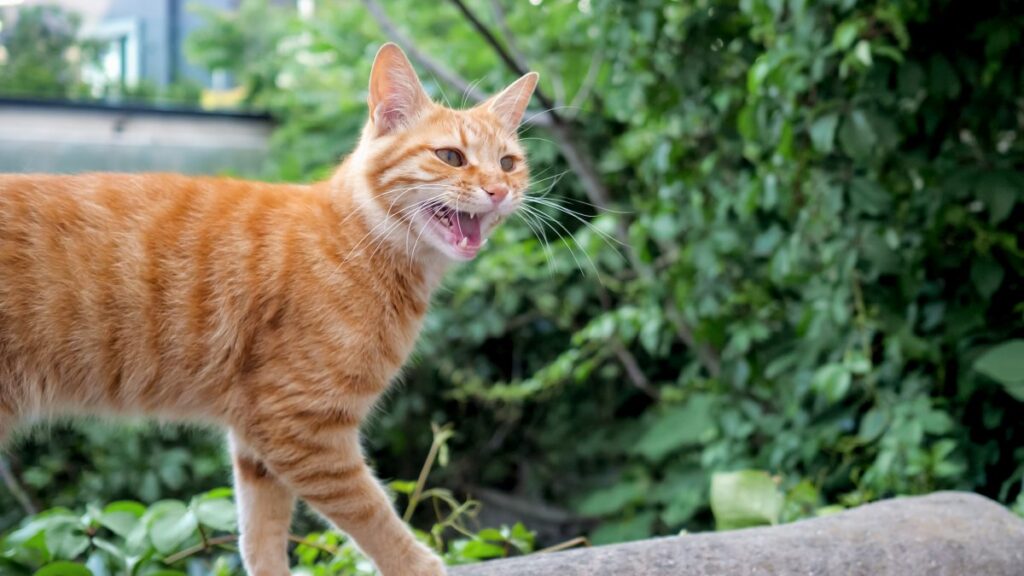
Is It Normal For Cats To Meow Frequently?
Excessive meowing is determined by the cat’s species, environment, and character. Siamese cats and similar breeds are well-known for their excessive meowing. Similarly, some cats prefer to hear their voices, while others want to engage with the humans around them.
It is critical to understand what is healthy for your cat. If you have adopted the cat, inquire about meowing behaviors with the previous owner. If your cat meows frequently, this will help you learn that they are healthy and that the meowing is acceptable.
Here are a few conditions that may lead your cat to become overly loud.
❖ Your Cat Is Growing Older
As cats age, they may experience developmental disorders or bewilderment, and they will feel awkward and potentially unsafe if they are confused. Due to the uncertainty, your cat may meow more frequently, especially at night.
Your cat’s eyesight and hearing may deteriorate, causing them to get disoriented and forget where they are in the house. When this happens, they frequently scream for help. You can help them see better by installing a nightlight. You can also provide senior cats with a heated bed if they have arthritis. Take your feline buddy to the veterinarian to rule out other medical issues.
❖ Your Cat Wants Attention
Some cats meow at you when they want to be noticed. Cats love being around humans and may begin to meow if they want you to engage with or stroke them. Give them attention when your cat is quiet to avoid their continual meowing. Back away or quit everything if your cat starts meowing again.
Take care not to overlook them. Your cat would like to enjoy time with you. Make time every day for your pet since they require bonding time for play, grooming, and socialization.
❖ Your Cat Might Have Difficulty Adjusting To a New Environment
If you have recently relocated to a new house or welcomed a cat into your home, you may observe excessive meowing. It is typical for an adult cat to be confused and uncertain in new surroundings. Slowly introducing your cat to the environment may effectively deter some stress. This type of behavior typically takes a couple of weeks to overcome.
❖ Your Cat Is Stressed
Distressed cats are more likely to become loud and meow every time. Felines aren’t usually pleased with abrupt changes in their habit, and they may meow a lot to convey their displeasure or fear. Examples of changes that could induce excessive meowing in cats to include:
- Shifting to a new place
- Loud noises
- Losing a human companion
- Introducing a new pet or a kid
Identify the reason behind your cat’s stress and try reducing it. If not, attempt to pay additional time to help your cat acclimate to the new reality.
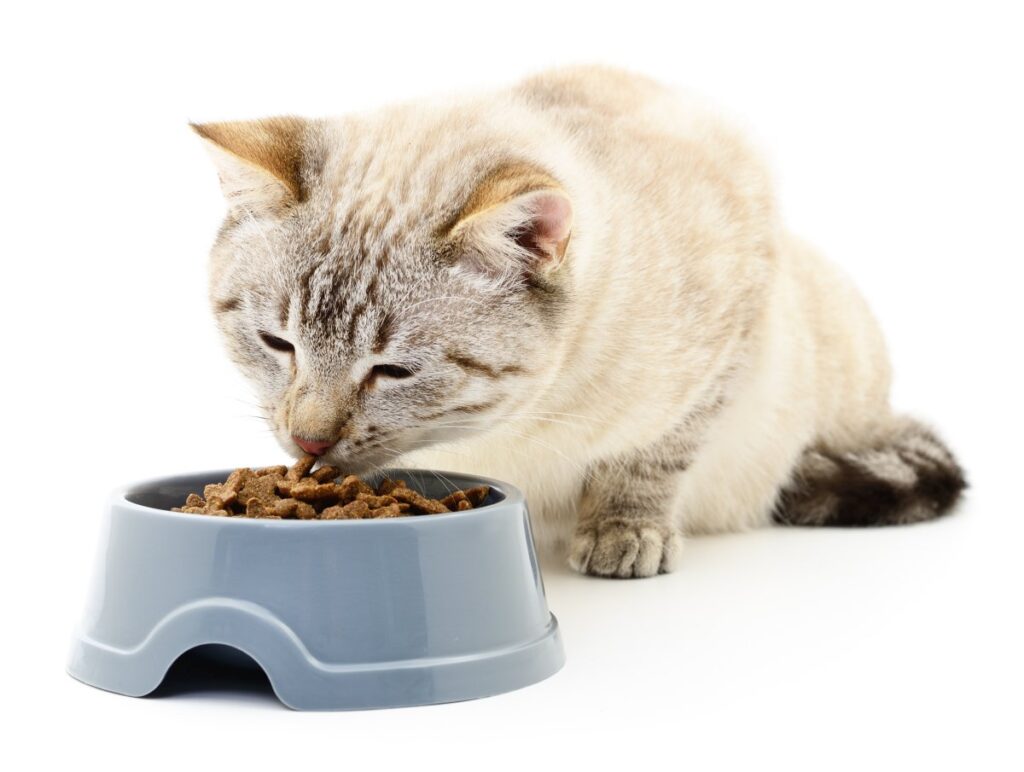
❖ Your Cat Wants Food
If your feline friend is hungry, they are more likely to meow for food. Excessive meowing is more typical in severely starving cats, but even well-fed cats that are used to feasting on a routine will start to meow for their food when it arrives.
You can lessen your cat’s meowing by trying to feed them on a consistent schedule. Some cats become overly enthusiastic when it’s time to eat and will begin meowing while you’re cooking their meal or heading to the food bowl. Cat meowing for food is entirely natural and causes no concern.
❖ Your Cat is in Pain
Cats are stubborn animals who don’t like to show their pain to others. A cat will frequently need to vocalize to indicate how much it is suffering or to get some comfort from the agony. If you feel your cat is in discomfort, take them to a veterinarian for an examination to determine the root of the problem.
❖ Your Cat Has Medical Issues
If your ordinarily quiet cat has become very vocal, schedule a visit to the vet to ensure there is nothing medically wrong. If your cat gets older, it may also be going deaf or displaying cognitive dysfunction.
What to Do If Your Cat Is Constantly Meowing?
How can you lessen the meowing now that you’ve identified the underlying cause? Excessive meowing might be a source of discomfort. Below are a few crucial suggestions to help you reduce the excessive meowing:
❖ Exclude Illness from the Equation
Abrupt changes in vocalization can be an indication of a medical condition. Take your furry companion to the veterinarian if they have always remained calm and are unexpectedly meowing a lot.
❖ Don’t Ignore Your Cat
You might not want to praise their excessive meowing, but they’re probably meowing for a cause. Your feline companion may be unable to access the cat box, the meal or water bowl may be empty, or your cat could be stuck in an unpleasant location. Meowing is something you must never ignore; inspect your cat to see if there is a concern that needs to be addressed.
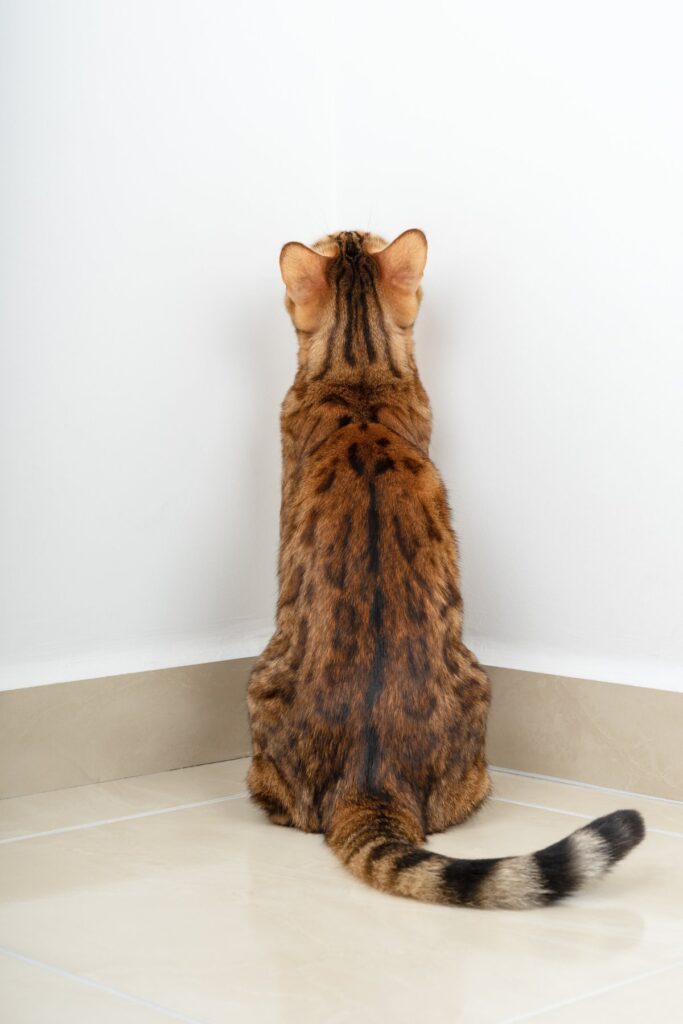
❖ Do Not Penalize Your Cat for Meowing
Punishing your cat for meowing is both cruel and ineffective. Never shout or punish your cat with a sprayer because of excessive meowing. These tactics do not work, nor do they help modify their behavior over time. It will only tend to sever your link, and getting to the bottom of the problem is always the best option.
The Bottom Line
A cat’s meowing is its way of communication, and a meowing cat is continuously trying to connect with its owner. Once you know what different meows and purring imply, you’ll be able to more effectively meet your cat’s requirements and experience a pleasant, common understanding with them.

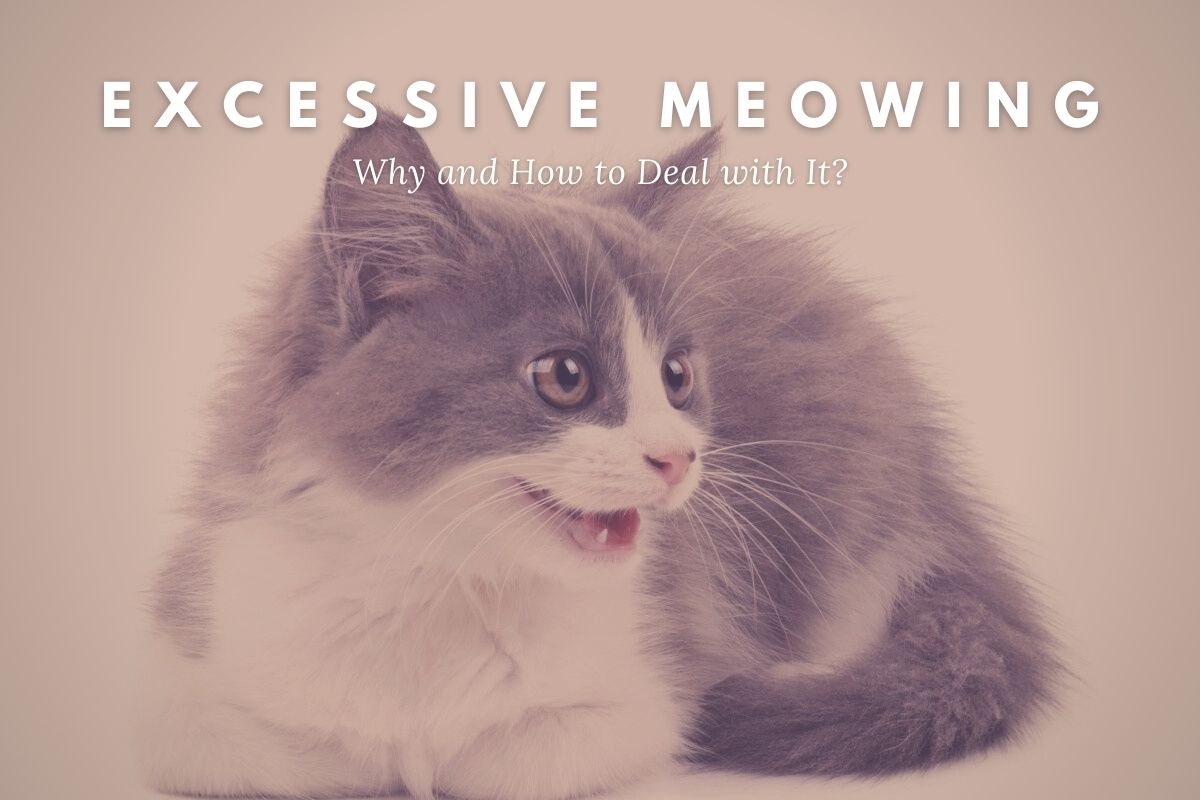
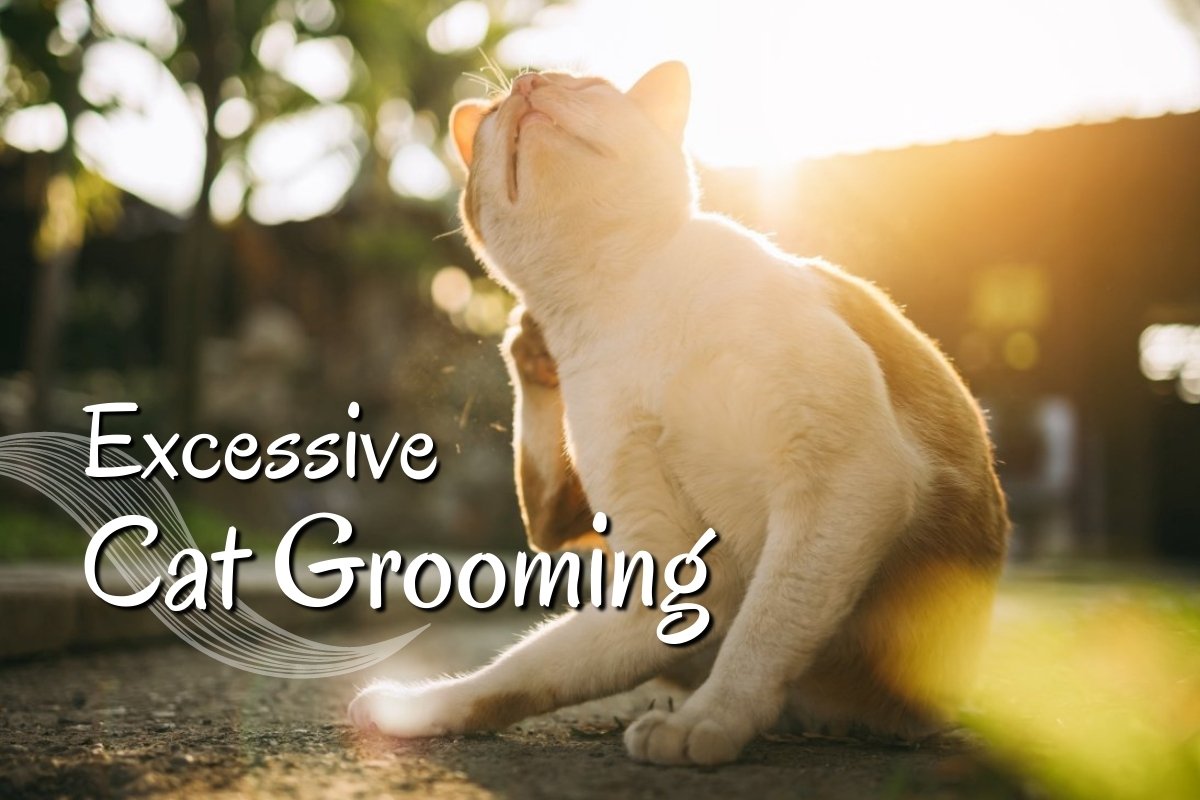
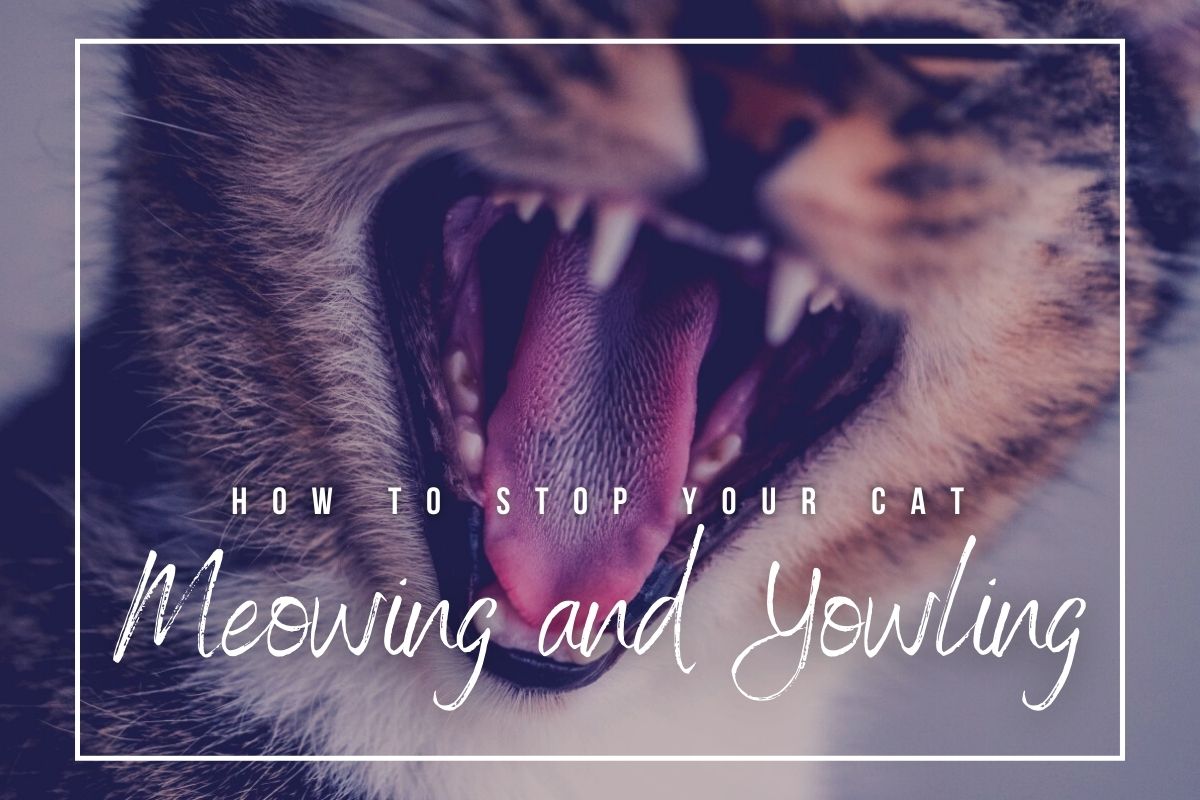
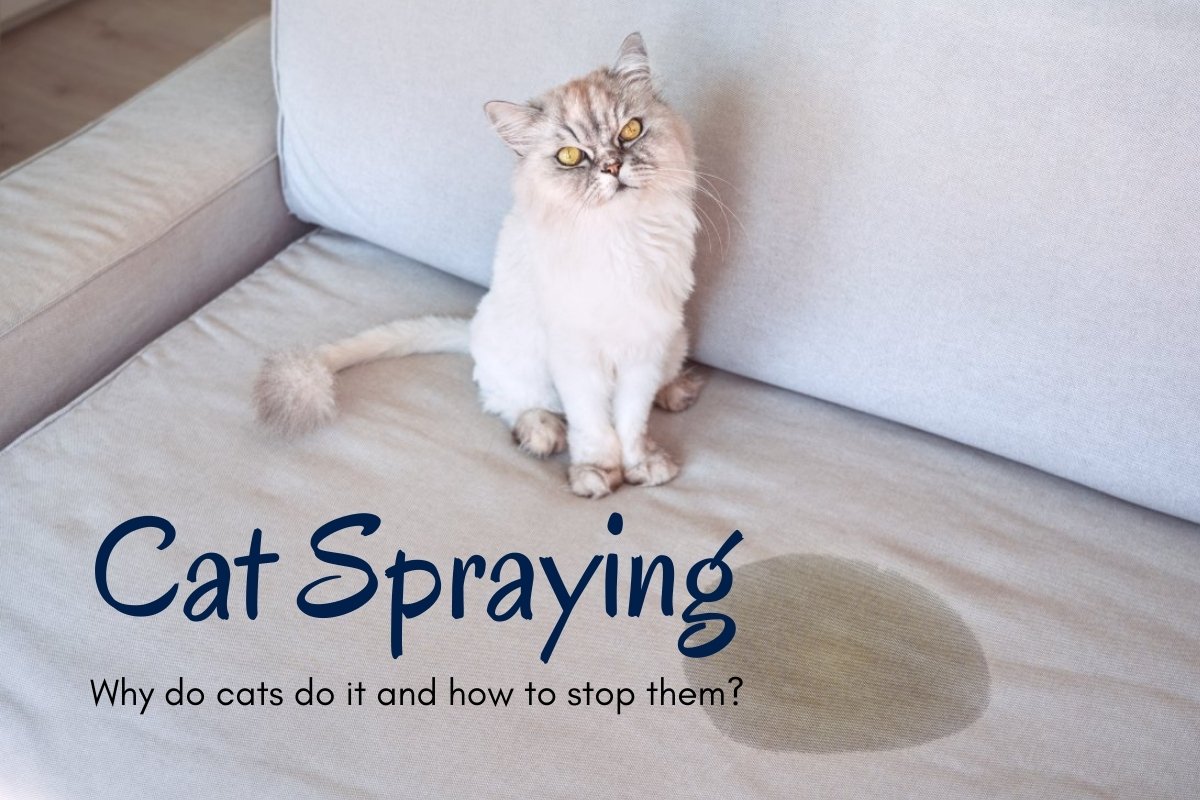
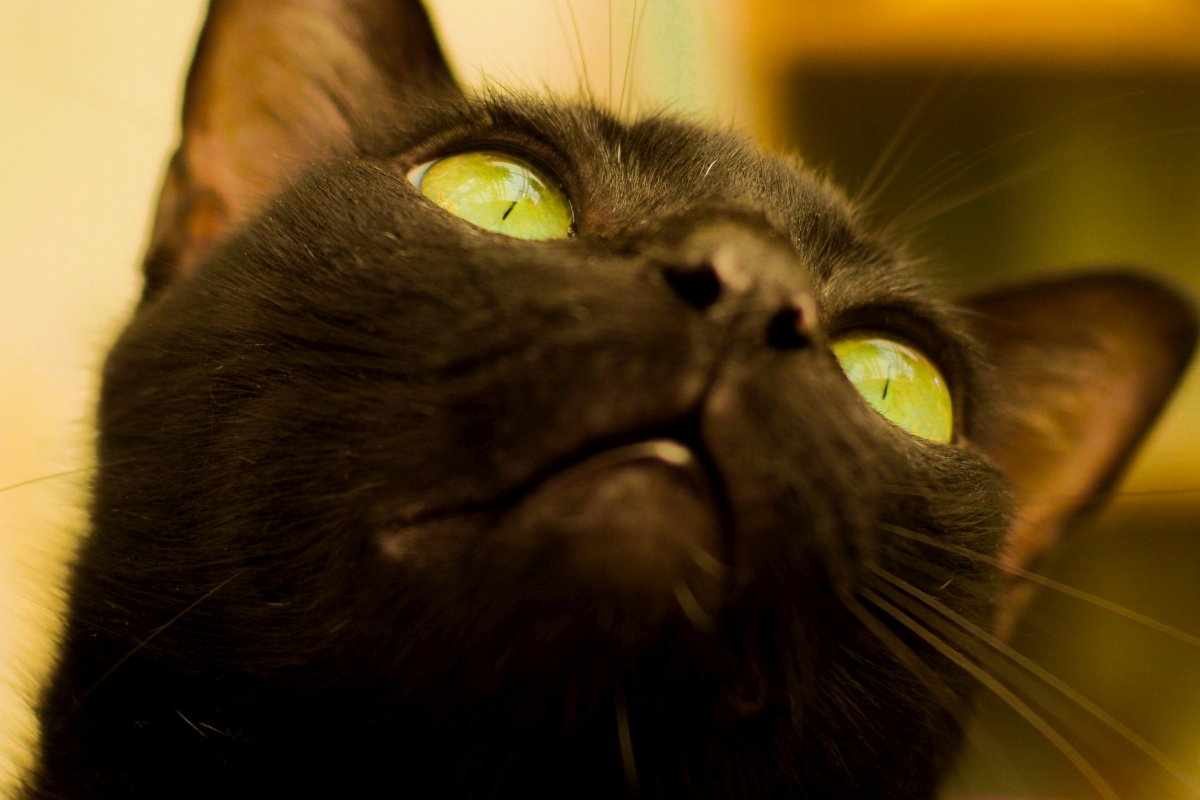
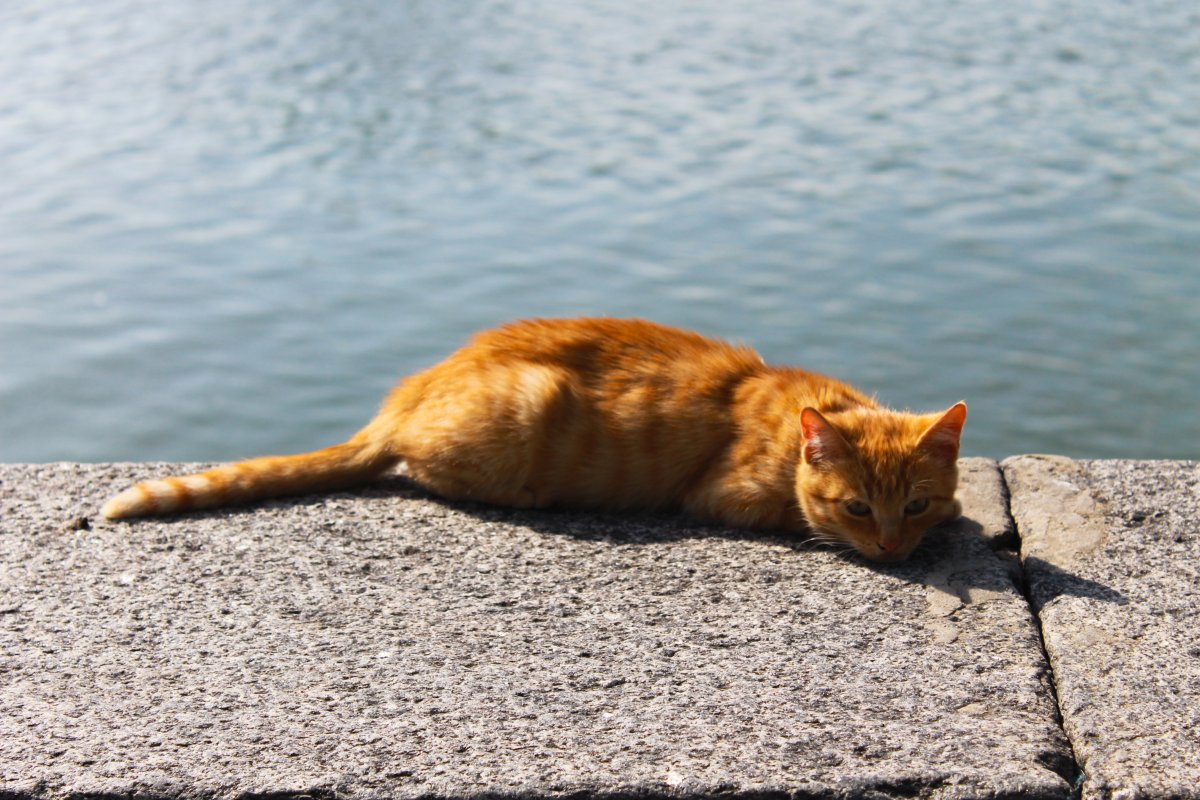
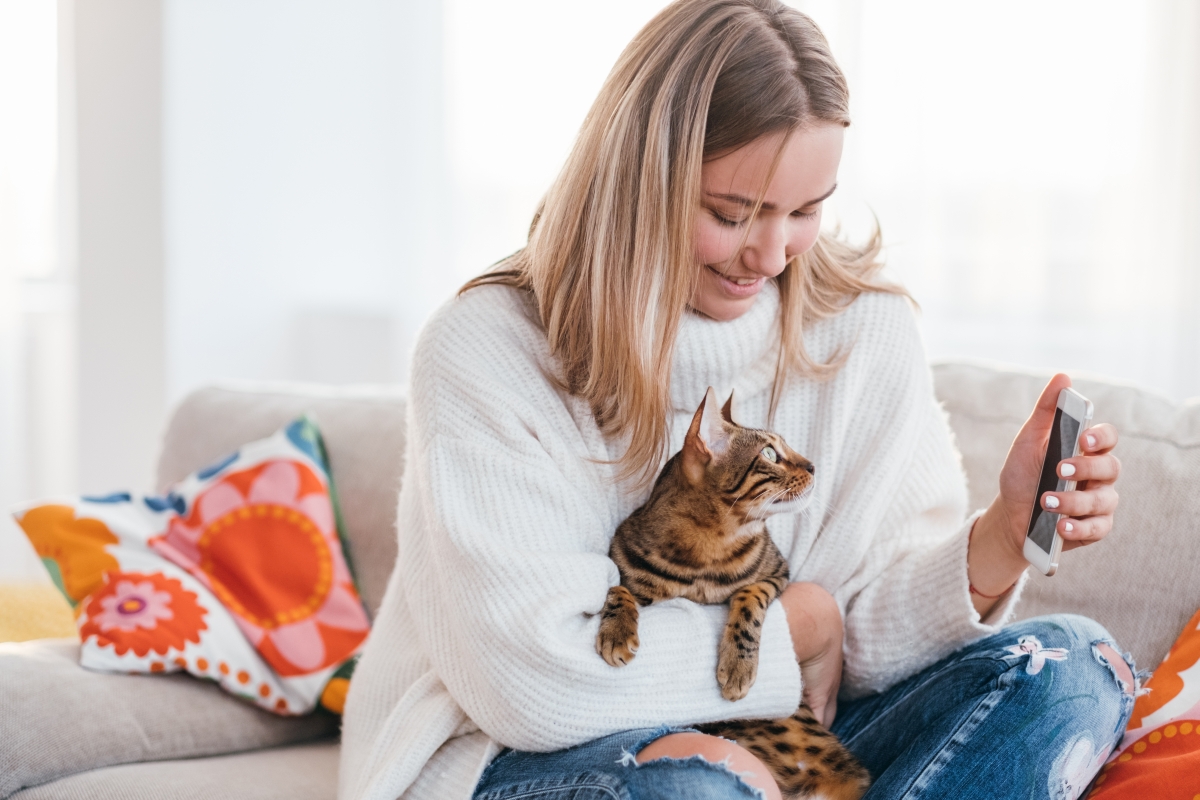
1 comment